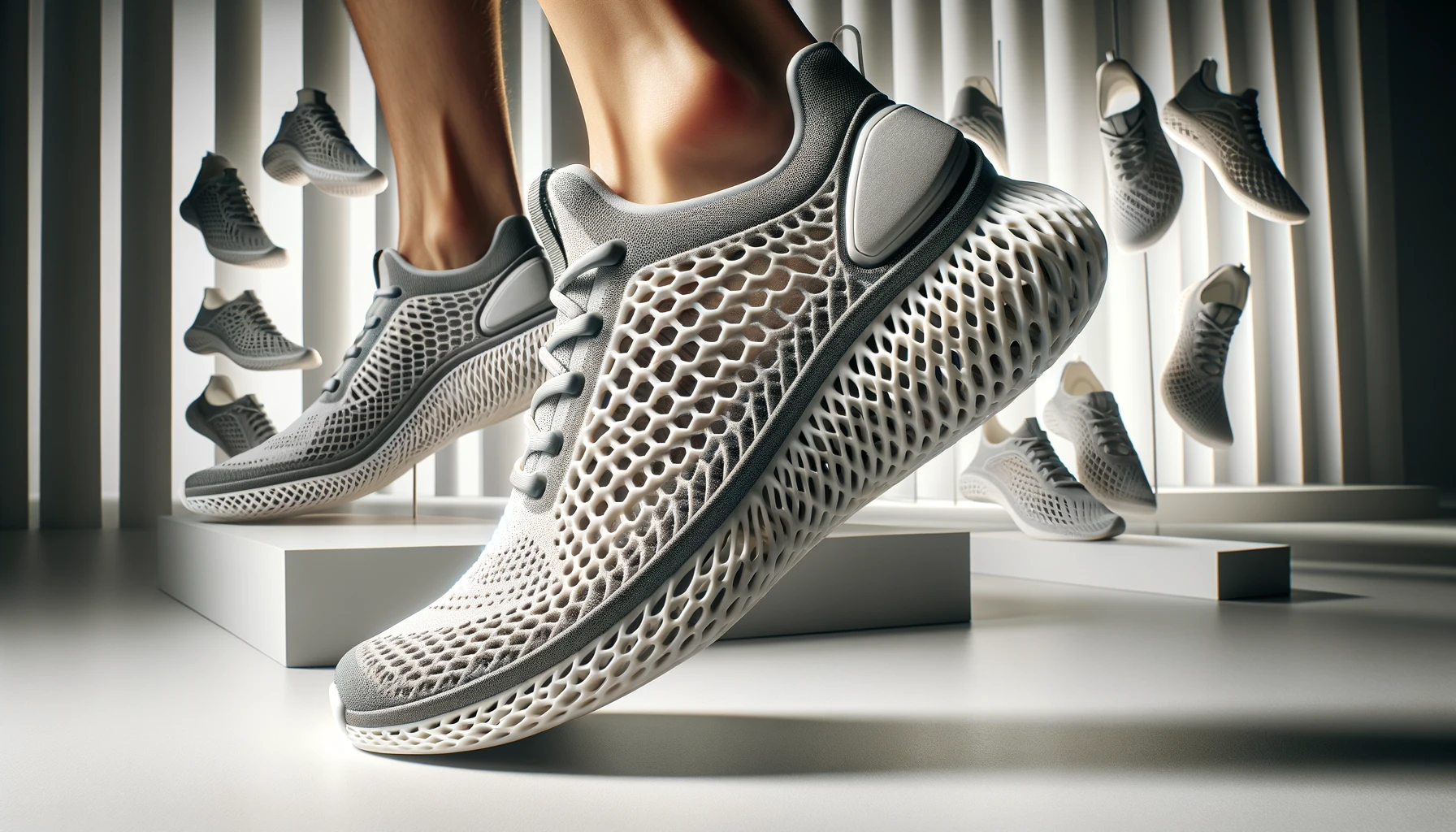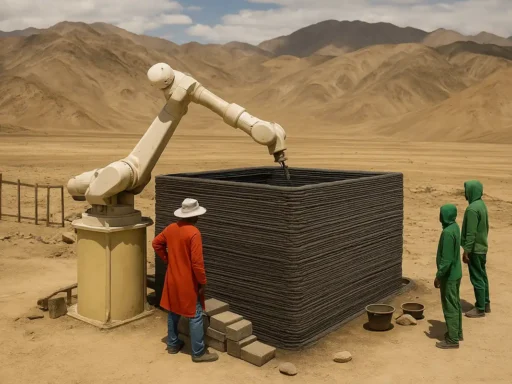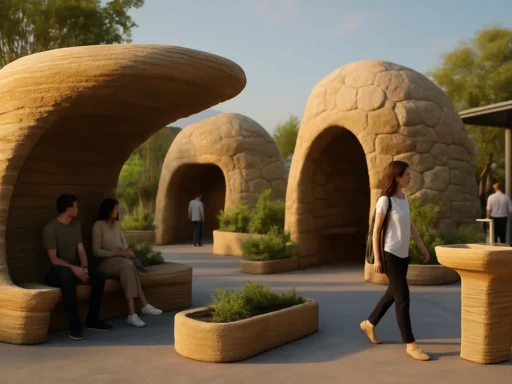Shoe brand Vivobarefoot has teamed up with material science company Balena to unveil a pioneering prototype trainer at the Biofabricate materials conference. This trainer is 3D-printed entirely from compostable materials, marking a leap towards sustainable footwear.
The mono-material shoe, made from a compostable thermoplastic material developed by Balena, is developed to be “scan-to-print-to-soil”. Vivobarefoot is hoping to organize a fully automated process where anyone can scan their feet on an intuitive phone app, after which the shoes are automatically 3D-printed. How can you be any more eco-friendly? Well, after use, these shoes can even be composted in an industrial facility.
Asher Clark, co-founder of Vivobarefoot, mentioned the necessity to rethink the current industrial system of designing, manufacturing, and disposing of trainers. “Whilst the current system might have been fit for the early part of industrialization, it’s definitely not fit for the future,” he said in an interview to Dezeen. “Our goal is to create a flagship solution – one that’s on demand, rather than from stock.”
The prototype builds on Vivobarefoot’s VivoBiome shoes, which are also 3D-printed based on scans of users’ feet but made from conventional materials. The new shoes are made from Balena-designed BioCirflex and meet all the international biodegradation standards.
David Roubach, founder of Balena, commented on the composting process: “The polymers will biodegrade in any compost environment, but it is not enough just to tailor the material; you need to work with a brand to build an infrastructure for circularity.”
Vivobarefoot plans to hone the composting process before a mass launch to make sure that these next-gen trainers truly contribute to a more sustainable footwear industry.






